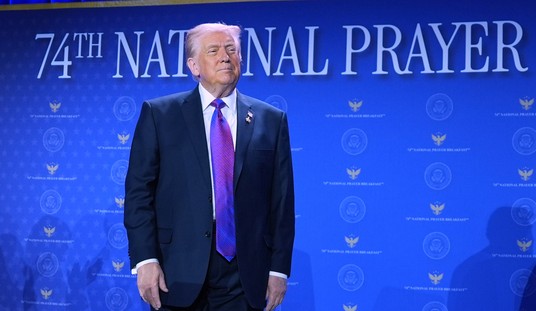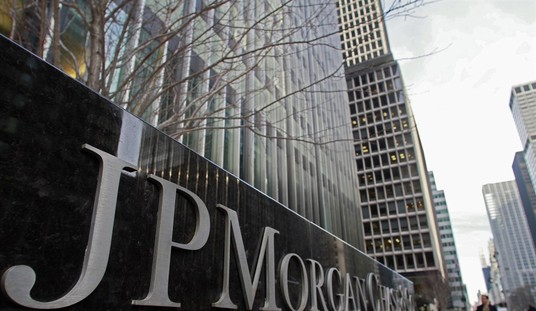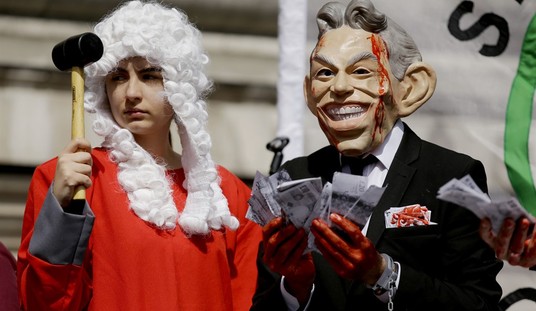To hear all the wealthy Democratic candidates for president tell it, economic inequality is a major issue, right up there with other unrealistic proposals like free college and a multi-trillion-dollar government takeover of healthcare.
That message is then multiplied and magnified by mainstream media’s ubiquitous megaphone.
But to hear average Americans talk about income inequality, well, you don’t actually hear much of anything about that. They’re seemingly too busy chasing their own economic dreams to pay much attention to meaningless political primary palaver aimed at a tiny population sliver of even wealthier donors.
Now, here comes a new Gallup Poll designed to measure popular priorities. It’s the regular “most important problem” question that monitors the shifting concerns of average Americans.
Those polling folks have been asking that question off-and-on for eight decades and monthly since the earliest days of this century.
And guess what?
They found hardly anyone cares about income inequality. In this century the average monthly mentions of the rich-and-poor gap has been two percent or less in Gallup surveys.
“Certainly,” the Gallup analysis reports, “this is not a significant top-of-mind concern for Americans and no more of a concern now than it has been in the past.”
Although Democrat candidates who own multiple houses express loud concerns about the income gap, their party’s members told Gallup that inequality clung to only ninth place on their list of important issues.
High above it were far more popular pending problems such as immigration, race relations, healthcare, the environment, healthcare, education and two issues that seem to fit better with Republicans’ list of issues: government and the economy.
The economy has been booming since what’s-his-name and what’s-his-name’s-vice-president-who-now-wants-to-be-president left office in 2017. In fact, the U.S. economy is now going through its longest expansion.
Perhaps you’ve heard Bernie Sanders shout about the need for a more equitable minimum wage of $15 an hour.
This is such a pressing issue that when his own campaign staff pushed to get that $15 minimum, Bernie instead cut their hours. Thereby proving critics’ point that such a pay rate would actually hurt workers more than help.
“Who’s this economy really working for? It’s doing great for a thinner and thinner slice at the top,” says Elizabeth Warren, who pulled down $400,000 for teaching a single class at Harvard.
Let’s see, at the $15 an hour minimum wage, that works out to 26,667 hours of class time, which she never worked.








Join the conversation as a VIP Member